Xi Jinping and Putin strengthen ties amid Trump presidency
- Update Time : Wednesday, January 22, 2025
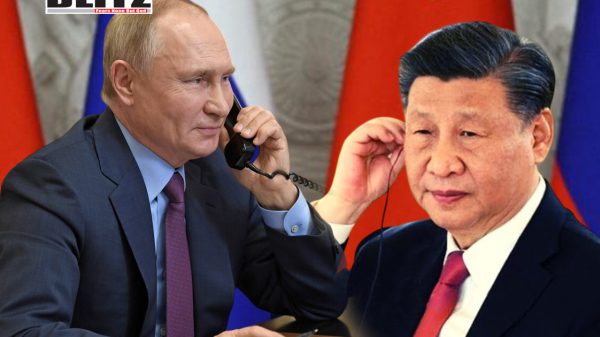
Chinese President Xi Jinping and Russian President Vladimir Putin held a video meeting on January 21, 2025, to discuss strengthening their nations’ strategic partnership. This discussion, coinciding with Donald Trump’s inauguration as the 47th President of the United States, reflects the deepening ties between Beijing and Moscow amid increasing global tensions.
China and Russia have solidified their relationship over the past decade, often presenting a united front against Western influence. Their partnership has become particularly prominent since Russia’s full-scale invasion of Ukraine in February 2022. While Beijing has consistently described itself as neutral in the conflict, its refusal to condemn Moscow’s actions and its growing economic and political support have prompted NATO members to label China as an “enabler” of the war.
During the meeting, Xi Jinping emphasized the importance of continued cooperation, stating that China remains committed to a “permanent good-neighborly friendship, comprehensive strategic coordination, and mutually beneficial cooperation” with Russia. Similarly, Vladimir Putin referred to Xi as his “dear friend” and outlined “new plans for the development of the Russian-Chinese comprehensive partnership and strategic cooperation.”
The partnership between these two global powers is underscored by mutual interests in countering US influence. In the wake of severe Western economic sanctions on Russia, Moscow has turned to Beijing for trade and financial support. The economic ties between the two nations have grown substantially, with bilateral trade reaching record highs in 2024, particularly in energy exports from Russia to China.
China’s imports of Russian oil, gas, and coal have provided Moscow with a crucial lifeline amid declining trade with Europe. For Beijing, access to discounted Russian energy bolsters its energy security while ensuring stable economic growth. Beyond trade, the nations have expanded military cooperation, conducting joint military exercises and enhancing defense coordination, signaling a robust strategic alignment.
Both China and Russia have been vocal critics of what they term “Western hegemony,” particularly US dominance in global politics. In a joint declaration in early 2022, just weeks before the Ukraine invasion, the two nations announced a “no limits” partnership, committing to mutual support in their respective regional ambitions. This declaration highlighted their opposition to NATO’s eastward expansion and US influence in the Indo-Pacific region.
Xi Jinping has framed this partnership as a stabilizing force amid global uncertainty. “In the face of rapidly evolving changes not seen in a century and the turbulent international situation, China and Russia have consistently moved forward hand-in-hand along the correct path of non-alignment, non-confrontation, and not targeting any third party,” Xi stated in a recent New Year’s message to Putin.
The timing of the video meeting is particularly significant, coming just hours after Donald Trump’s inauguration as US President. Trump’s return to power introduces a new variable in the global diplomatic equation. Known for his unpredictable approach to foreign policy during his previous term, Trump has signaled openness to dialogue with Russia, particularly on resolving the Ukraine conflict.
In a televised address following Trump’s inauguration, Putin congratulated the new US president and called for a renewed focus on achieving a “lasting peace” in Ukraine, one that respects the “legitimate interests of all people.” This statement hints at Moscow’s willingness to engage in dialogue, potentially leveraging its relationship with Beijing as a counterbalance to Western alliances.
However, the growing alignment between China and Russia may also complicate US diplomatic efforts. Trump’s earlier tenure saw heightened tensions with China over trade disputes and strategic competition in the Indo-Pacific. If these tensions persist or escalate, the Sino-Russian partnership could serve as a formidable counterweight to US influence.
China’s positioning as a “neutral” actor in the Ukraine conflict has faced widespread skepticism. While Beijing has refrained from openly supporting Russia’s military actions, it has provided diplomatic backing and expanded economic ties with Moscow, actions that Western nations view as tacit endorsement of the war.
NATO members have expressed concerns about Beijing’s role in enabling Russia to circumvent sanctions. Additionally, China’s rhetoric around promoting “world peace and development” has been criticized as contradictory, given its alignment with a nation actively engaged in a high-intensity conflict.
For Russia, the partnership with China offers a semblance of international support amid its growing isolation. However, some analysts argue that Moscow’s reliance on Beijing risks creating an unequal relationship, with China leveraging its economic and political influence to gain favorable terms in trade and other areas.
As the international order undergoes significant shifts, the China-Russia partnership will likely remain a central axis of global geopolitics. Both nations have demonstrated a willingness to challenge Western norms and institutions, often advocating for alternative frameworks that reflect their strategic interests.
For Xi Jinping, maintaining strong ties with Russia serves multiple purposes. It reinforces China’s role as a global powerbroker, enhances its energy security, and strengthens its position in its ongoing rivalry with the United States. For Vladimir Putin, the partnership with China provides a critical lifeline in the face of Western sanctions and international condemnation.
The Trump administration’s approach to this alliance will be closely watched. While Trump has previously expressed admiration for Putin and sought to improve US-Russia relations, his administration’s posture toward China has been far more adversarial. Navigating this complex dynamic will require a nuanced strategy, particularly as Beijing and Moscow continue to deepen their ties.
The video meeting between Xi Jinping and Vladimir Putin on January 21 underscores the growing alignment between China and Russia in an increasingly polarized world. As both nations seek to counter US influence and advocate for a multipolar global order, their partnership will likely play a pivotal role in shaping international relations in the coming years.
Amid this backdrop, Donald Trump’s presidency adds an element of unpredictability to the equation. Whether his administration can effectively engage with Moscow while addressing the challenges posed by Beijing remains an open question. What is certain, however, is that the Sino-Russian partnership will continue to be a defining feature of the global geopolitical landscape.


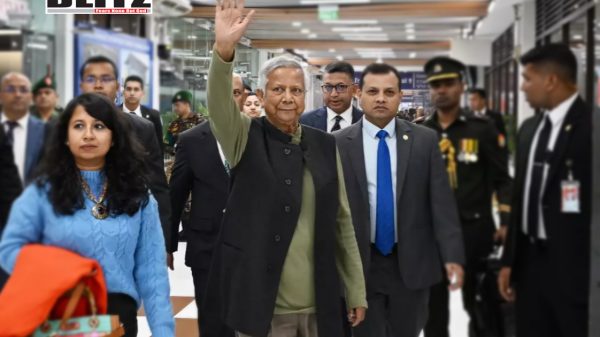
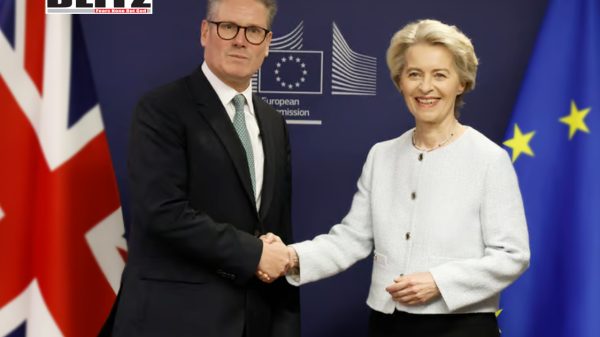
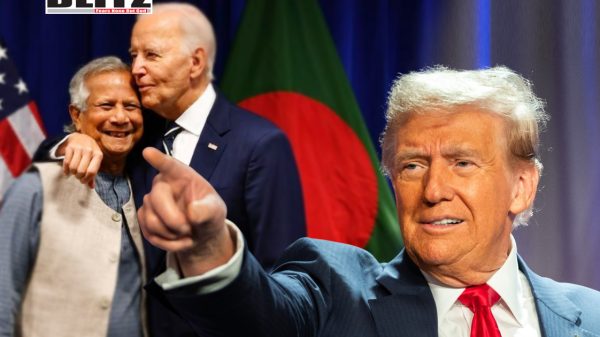

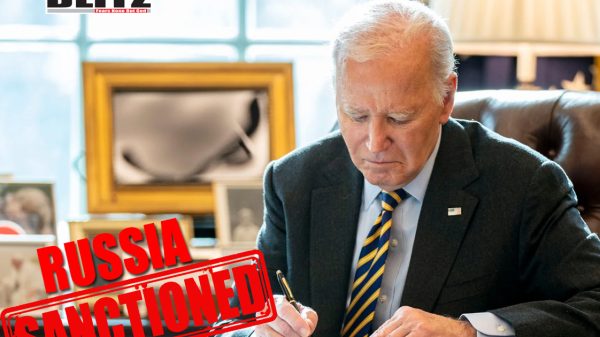
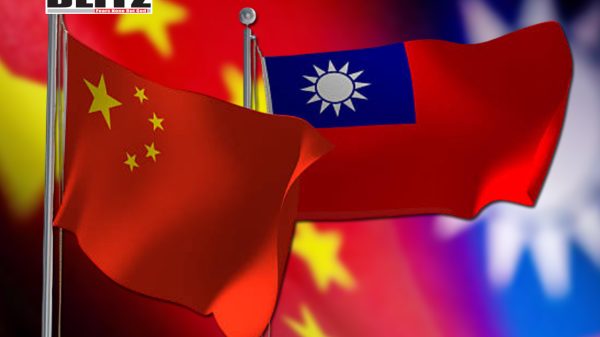
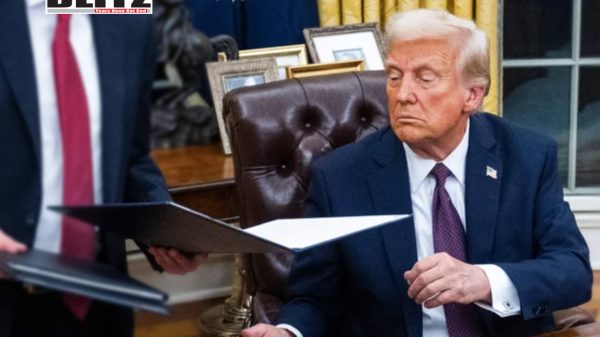
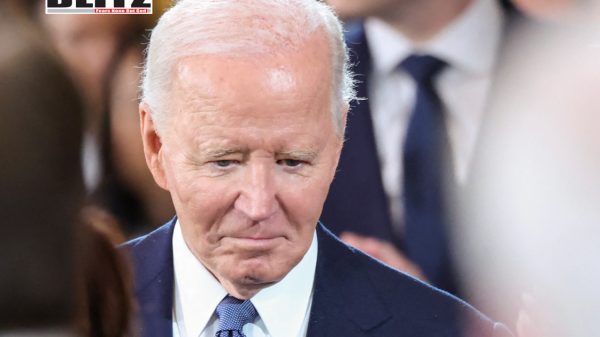
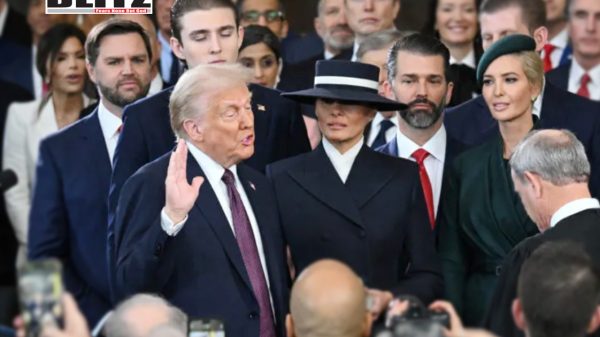
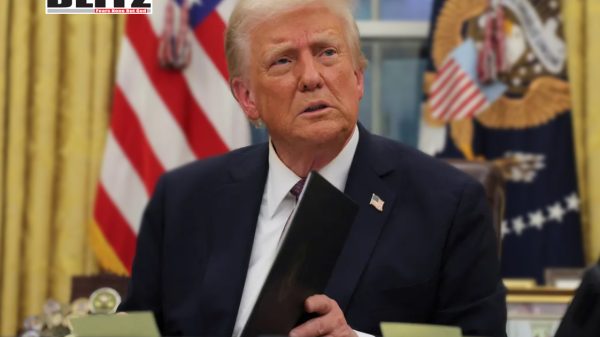
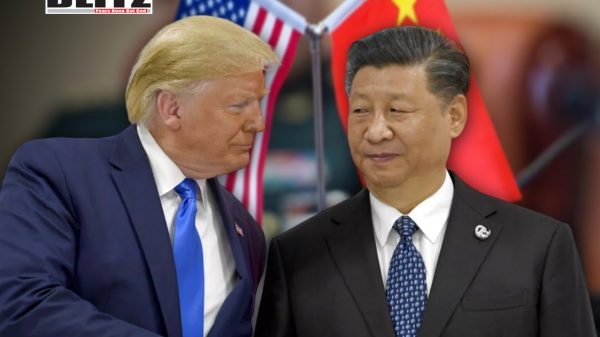

Leave a Reply